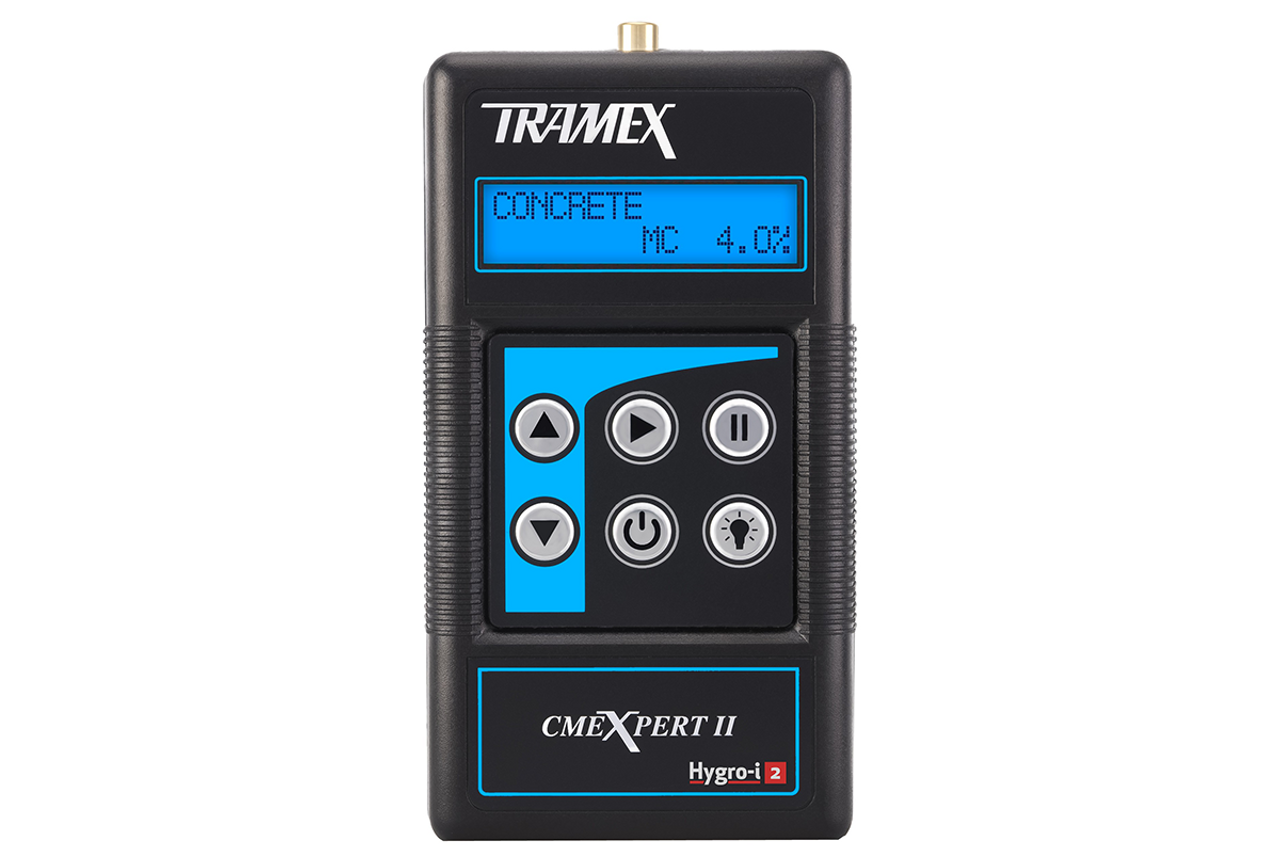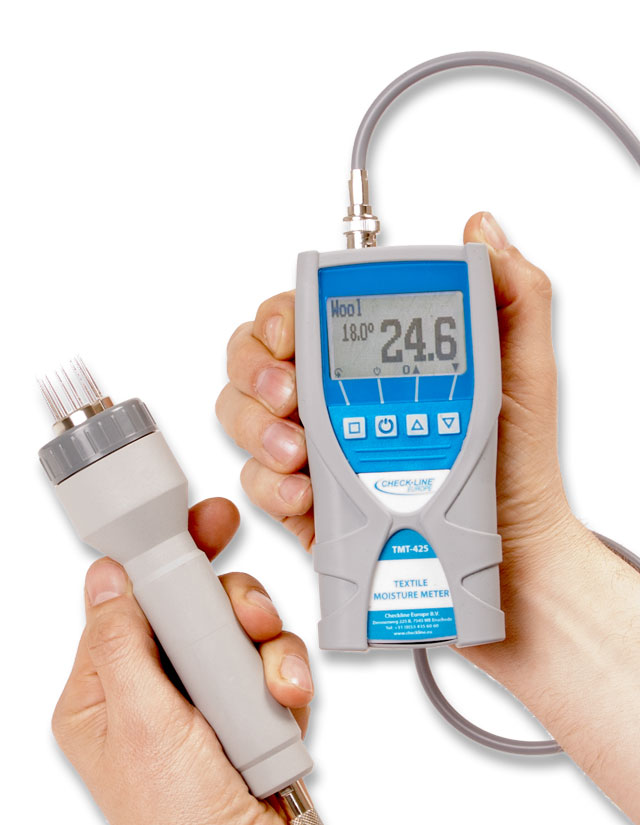Recognizing the Various Sorts Of Moisture Meters and Their Applications
Recognizing the Various Sorts Of Moisture Meters and Their Applications
Blog Article
The Ultimate Guide to Moisture Meters: A Comprehensive Overview and Just How They Can Save You Cash
In the world of building maintenance, construction, and different industries, the importance of properly determining wetness levels can not be overemphasized. Dampness meters work as crucial tools in spotting and keeping track of moisture web content in products, aiding in preventing costly problems and guaranteeing the quality of items. Comprehending the nuances of different sorts of wetness meters, their applications, and the potential cost-saving advantages they provide can be a game-changer for experts and organizations alike. Finding just how these devices can not just improve procedures but also add to economic savings is a trip worth starting.
Sorts Of Moisture Meters
Numerous sorts of dampness meters are offered for different applications in various industries. One usual kind is the pin-type dampness meter, which measures the electric resistance in between 2 pins put right into a product. This type is appropriate for timber, drywall, and various other structure products. Pinless dampness meters, on the other hand, use electro-magnetic sensing unit plates to check a bigger area without triggering damages to the product's surface. Moisture Meter. These meters are optimal for promptly assessing moisture levels in large areas such as floors and walls.

In addition, there are additionally specialized wetness meters created for certain products like grain, hay, or soil. These meters provide exact wetness analyses tailored to the distinct buildings of the product being evaluated. Infrared moisture meters gauge the thermal residential properties of a material to establish its wetness web content non-invasively, making them helpful for applications where pin or pinless meters might not appropriate. Understanding the various types of moisture meters available can aid industries pick the most proper device for their particular dampness measurement demands.

Advantages of Using Moisture Meters
Wetness meters provide very useful benefits in accurately analyzing and checking wetness degrees in varied products and environments (Moisture Meter). Among the primary advantages of using moisture meters is the prevention of prospective damages brought on by excess dampness. By spotting and dealing with high wetness degrees beforehand, dampness meters help to avoid mold growth, rot, and structural damages in structures, conserving both time and money on repair work. In addition, moisture meters aid in guaranteeing the high quality of products during building or production processes. By precisely gauging moisture material, these tools help maintain the honesty of timber, drywall, concrete, and other materials, minimizing the threat of issues or failings.
In addition, making use of dampness meters can bring about boosted power effectiveness. By recognizing locations with high wetness levels, such as leaks or poor insulation, changes can be made to boost energy conservation and minimize energy costs. In farming setups, dampness meters play a crucial role in enhancing crop yields by making it possible for farmers to monitor dirt dampness levels and make informed watering decisions. Overall, the advantages of utilizing moisture meters cover across different sectors, supplying economical solutions and advertising much better quality assurance methods.
Just How to Select the Right Wetness Meter
Choosing the appropriate dampness meter entails taking into consideration key factors such as product compatibility, measurement range, and calibration accuracy. When choosing a moisture meter, it's important to make sure that the meter is appropriate for the particular product you will certainly be testing. Various materials have varying electric properties that can affect moisture readings, so choosing a meter designed for your material is critical for exact outcomes. In addition, take into consideration the measurement variety of the moisture meter. Guarantee that the meter can discover wetness degrees within the variety required for your applications. Calibration accuracy is another vital aspect to maintain in mind. Select a dampness meter with trustworthy calibration to make certain precise and consistent analyses. Some meters might call for regular calibration modifications, so comprehending the calibration process is very important. By very carefully examining these variables, you can pick a moisture meter that meets your needs and offers precise dampness dimensions for your tasks.
Proper Strategies for Moisture Meter Use

Expense Cost Savings Through Moisture Meter Applications
Exactly how can the tactical utilization of dampness meters bring about substantial cost financial savings throughout different sectors? Moisture meters play a crucial role in expense savings by preventing possible damages and guaranteeing quality assurance in different markets. In the agriculture industry, wetness meters aid in check this site out establishing the ideal time for gathering plants, stopping over-drying or excess moisture that can affect the end product's quality. This specific tracking helps farmers stay clear of unnecessary losses and optimize their yield.
In a similar way, in building, dampness meters help stop pricey damages by detecting wetness degrees in building materials, such as timber or concrete, which can bring about structural problems otherwise addressed immediately. By recognizing problem areas beforehand, professionals can take rehabilitative measures to prevent considerable repair work or replacements, inevitably conserving time and money.
In addition, in the food processing market, dampness meters are vital for monitoring item top quality and ensuring conformity with safety policies. By properly measuring dampness web content in food products, producers can stop spoilage, preserve quality, and decrease waste, leading to significant expense financial savings. Generally, the calculated application of moisture meters visit this website is a useful investment that can result in significant cost reductions and boosted performance across different sectors.
Conclusion
To conclude, moisture meters are valuable devices for detecting and gauging dampness levels in different materials. By utilizing the right dampness meter and complying with appropriate methods, users can efficiently avoid costly problems triggered by excess moisture. Purchasing a top quality wetness meter can lead to substantial price financial savings in the future by identifying possible problems at an early stage and making it possible for timely remediation. Inevitably, wetness meters are important tools for preserving the integrity and long life of frameworks and materials.
Moisture meters offer as important devices in discovering and monitoring moisture material in products, assisting in avoiding pricey problems and guaranteeing the top quality of items. Infrared moisture meters gauge the thermal residential properties of a material to identify its dampness web content non-invasively, making them beneficial for applications where pin or pinless meters might not be suitable.Wetness meters Going Here offer vital benefits in precisely monitoring and examining dampness levels in varied materials and atmospheres. In farming setups, moisture meters play an important duty in optimizing crop yields by allowing farmers to keep an eye on dirt moisture levels and make notified watering choices.In verdict, moisture meters are useful devices for gauging and detecting moisture degrees in numerous products.
Report this page